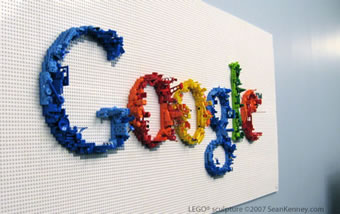Google has closed down its Dictionary service at google.com/dictionary. A message on the webpage reads: "Google Dictionary is no longer available. You can use Google web search to find definitions or Google Translate for your translation needs."
Google has allowed you to check definitions for words by attaching the "define:" prefix to your query for a very long time. In July 2010, Google even started adding dictionary definitions for certain words above the linked results for web searches.
The search giant did not announce that the service was going away on its official blog or anywhere else on its website. It's thus not exactly clear when Dictionary was discontinued.
Someone noticed the axing today though, and signed up on the company's support forum today as "I need Dictionary" to find out what had happened. He or she posted the question "Why Google Dictionary is no longer available???" followed by a very angry message saying that Google web search and Google's translate service are not enough to replace the Dictionary website.
Oren Naim, a Google Product Manager, posted this official response:
Google Dictionary was recently integrated into Google Web Search. Simply search for "define X" where X is the word you want to look up. Clicking on the "more" link (or on the toolbelt "Dictionary" link on the left) will give you practically the same experience that was available on dictionary.google.com.
We're working hard to make the dictionary experience even better on google.com so it will be easier for our users to get the dictionary experience without the need to go to a separate property.
Best,
Oren.
This explanation was not enough to appease the users posting on the support thread. Many insist that the integrated version is not the same as the Dictionary service, noting in particular that they have lost all their starred words.
I am a regular use of the "define:" function; I use it a handful of times every day. As for the actual Dictionary service, I was not even aware it existed. I guess that's why Google killed it: few people were aware of it. Google hopes that these users will simply just go to the main Google website, but clearly there are some that don't like this solution at all.
